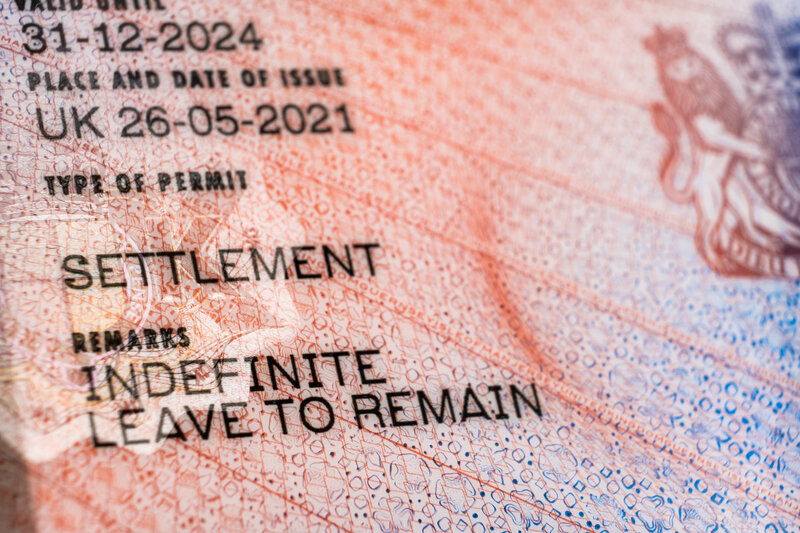Layla Morans worries echoing in the corridors of Parliament highlight the impact of the governments decision to raise the earning threshold for spouse visas. The looming prospect of academics and innovators leaving is not just an issue; it represents a threat to the core of the United Kingdoms global reputation in research, innovation and higher education.
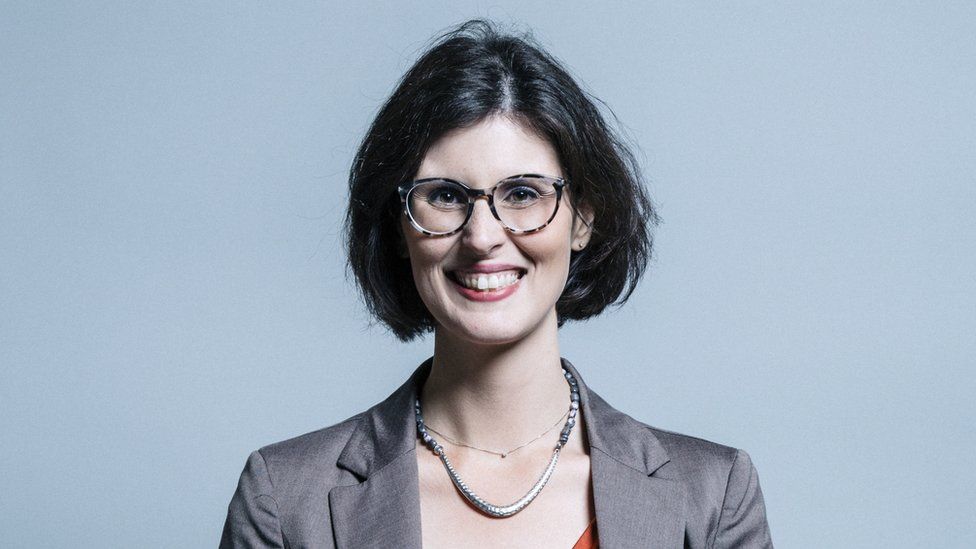
In the web of attracting global talent the UK has always been a magnet for intellectuals and trailblazers in various fields. Layla Morans criticism reveals a paradox where government efforts to support qualified researchers with public funds clash with policies that undermine retaining this valuable talent pool.
This contrast raises a question about how educational investments and immigration strategies are interconnected. The UKs strength in academia and innovation hinges on its ability to nurture and keep an array of talents. As the country navigates Brexit challenges and seeks to redefine its global role striking a balance between strict immigration rules and remaining appealing to global talent emerges as a key hurdle.
Moreover the potential departure of these individuals sparks concerns about the lasting impact on research institutions, industrial progress and society, at large.
The close connection between academia, innovation and economic progress highlights the importance of adopting an approach to immigration policies that recognizes the significant contribution of international scholars and innovators in shaping the future of the UK.
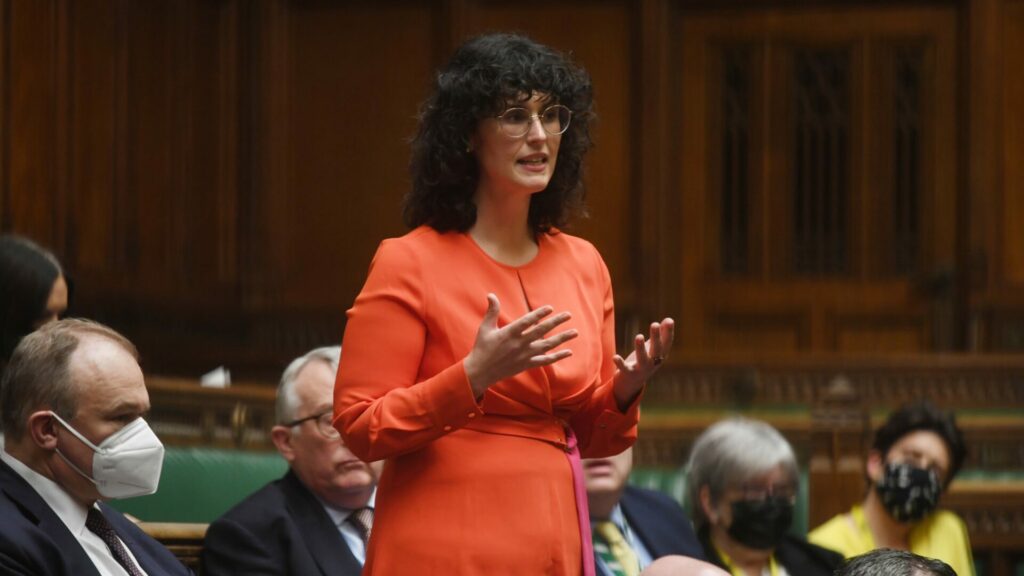
Layla Morans perspective resonates with individuals who have made the UK their academic and professional base. The upcoming rise in the income threshold, embedded within the governments immigration plan emphasizes the delicate balance required to address national security while maintaining the countrys global reputation in education and research.
As this discussion unfolds it prompts policymakers to reconsider and adjust immigration strategies to ensure that the UK remains an welcoming hub, for talented individuals. The challenge lies not only in meeting immigration targets but also in fostering an environment that encourages collaboration, diversity, and the cross-pollination of ideas—a recipe for sustained innovation and excellence on the international stage.
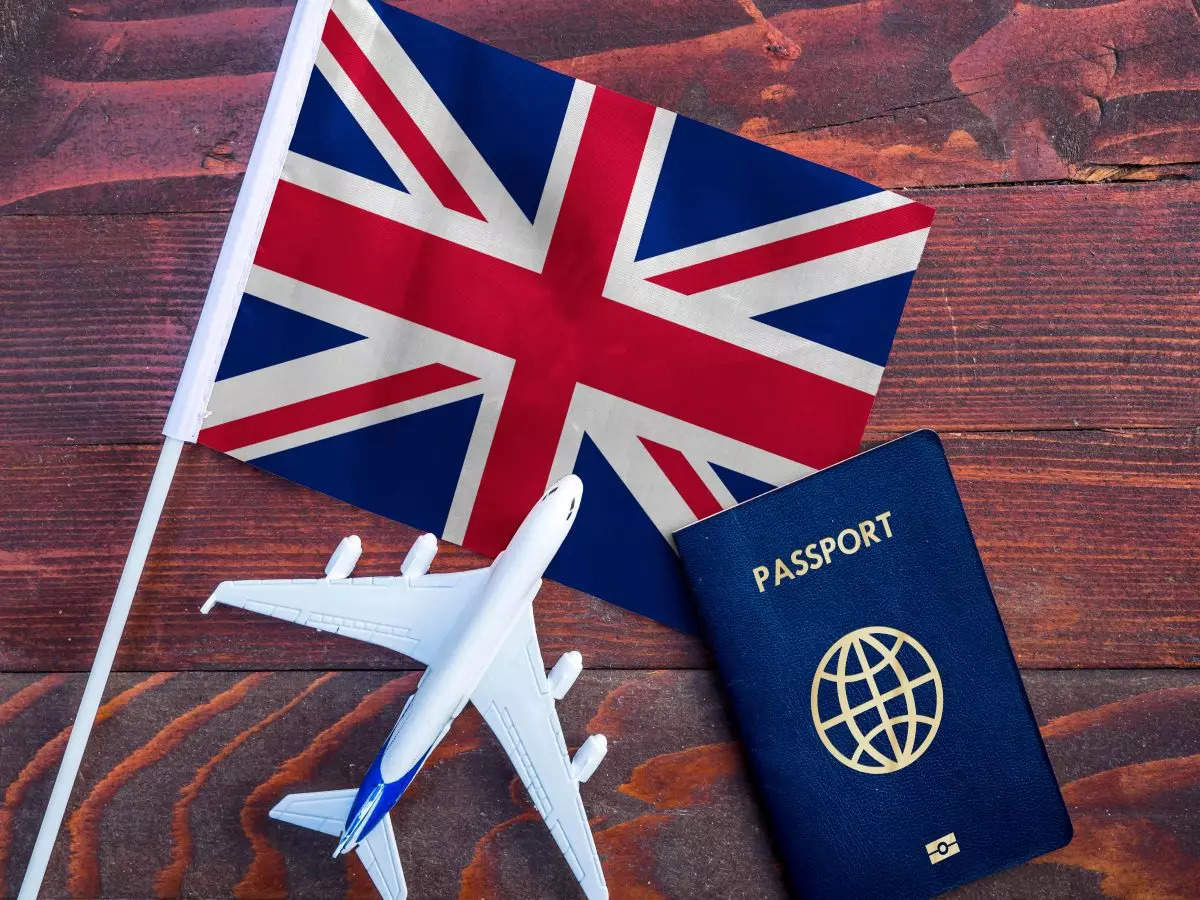
The government’s announcement in December, outlining a phased increase in the earnings threshold for UK citizens seeking marriage visas, has ignited a fervent discussion about the future of families, academia, and innovation within the nation.
Layla Morans critique in the House of Commons urges us to consider the real world impact of these proposed changes on people and their dreams. The plan to increase the threshold from £18,600 to £29,000 this spring with a further raise to £38,700 by 2025 is a key part of the governments plan to reform immigration policies.

Through Layla Morans speech in parliament a poignant story emerged. That of a citizen with a PhD supported by UK Research and Innovation facing the heartbreaking possibility of being separated from their American partner due to the expected rise, in income requirements.
This case encapsulates the human dimension of policy decisions. Behind the statistical targets and governmental objectives, there are lives and aspirations intertwined with the fabric of the nation. Layla Moran’s emphasis on a concrete example underscores the potential personal toll these changes might exact.
The narrative of a highly qualified individual, whose significant contribution to research and academia may be jeopardized due to visa constraints, resonates with the broader implications for the UK’s academic and innovative landscape.
The looming challenges for families like Layla Moran’s constituent shed light on the intricate interplay between academic pursuits, career choices, and familial ties. The spouse visa policy, as it stands, raises concerns about the accessibility of the UK as a destination for global talent, potentially deterring international researchers and innovators from considering the country as a viable long-term prospect.
In seeking to manage immigration while nurturing innovative progress Layla Moran emphasizes the importance of a comprehensive and empathetic strategy. The direction of these policies will impact not the UKs population makeup but also its reputation, as a center of knowledge and creativity worldwide.
The ongoing discourse surrounding spouse visa regulations thus extends beyond parliamentary deliberations to encompass the very essence of the United Kingdom’s identity as a beacon for intellectual pursuits and groundbreaking innovation.
Moran questioned the rationale behind using taxpayer money to educate individuals as highly qualified researchers when immigration policies subsequently compel them to leave. Science Minister Andrew Griffith has supported the policy highlighting the significance of an immigration system. He mentioned that individuals arriving in the UK should contribute to the economy alongside employees.
UK retreats on plans to raise salary threshold to £38,000
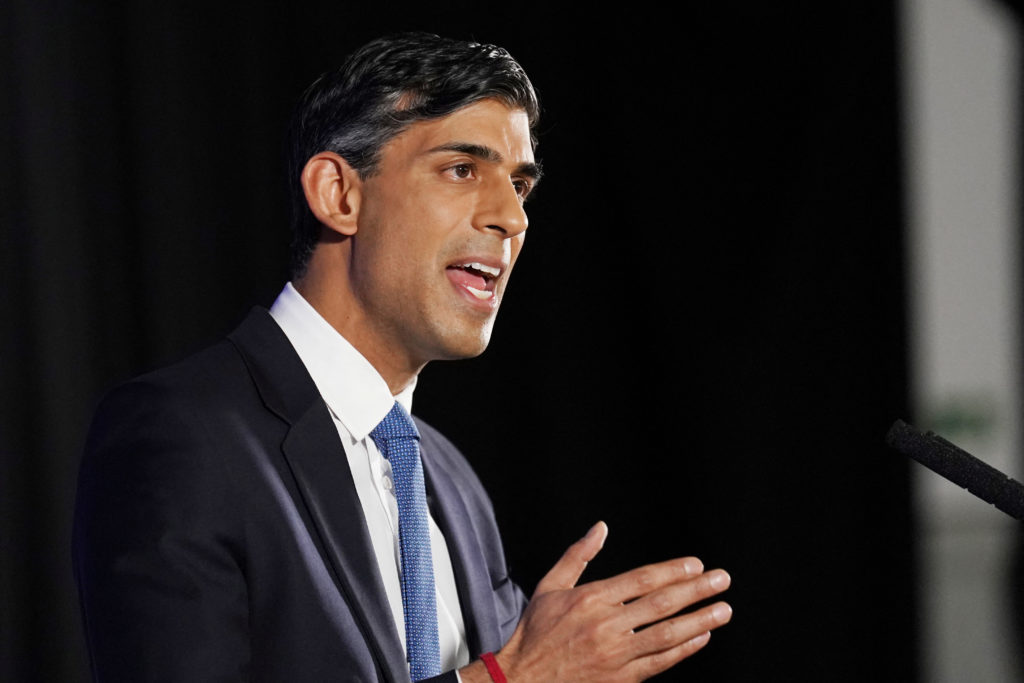
Prime Minister Rishi Sunaks adjustment of the salary threshold lowering it from the initially suggested £38,700 to £29,000 and delaying its implementation from January to April adds an aspect to the ongoing story of UKs immigration strategies.
This change demonstrates a willingness to address concerns brought up by groups while also paving the way for a potential surge, in visa applications as people navigate through these evolving circumstances.
The decision to amend the threshold underscores the delicate balancing act the government faces. On one hand, there is a commitment to address immigration-related concerns and fulfill the promise of a significant reduction in net migration by 300,000 people, a pledge championed by Home Secretary James Cleverly. On the other hand, the government seems attuned to the potential socio-economic repercussions and human impact, prompting a revision in the original proposal.
The looming April deadline adds an element of urgency, with concerns about a surge in visa applications as individuals strive to meet the existing criteria before the updated, and potentially more stringent, regulations come into effect. This time-sensitive scenario could pose administrative challenges and increase the pressure on immigration authorities to process applications efficiently.
Moreover, the recalibration of the salary threshold prompts a reflection on the broader strategy for managing immigration in the post-Brexit era. As the UK charts its course in an ever-evolving global landscape, decisions regarding immigration policies hold far-reaching implications for the country’s economic vitality, cultural diversity, and its ability to attract and retain international talent.
The initial proposal to raise the threshold had sparked debates about the potential separation of families and the practical challenges faced by individuals striving to meet the stipulated income requirements. The revised plan acknowledges these concerns to some extent, but questions remain about the long-term impact on the demographic and socio-economic fabric of the nation.
As the government navigates the intricacies of immigration policy, the ongoing dialogue between policymakers, advocacy groups, and the public becomes increasingly critical. Striking a balance between meeting immigration targets and fostering an environment that values diversity and talent from around the world is a multifaceted challenge that will shape the UK’s identity and global standing in the years to come.
The evolving narrative of the spouse visa policy exemplifies the complex interplay of political decisions, public sentiment, and the tangible impact on the lives of individuals and families seeking to contribute to the UK’s future.
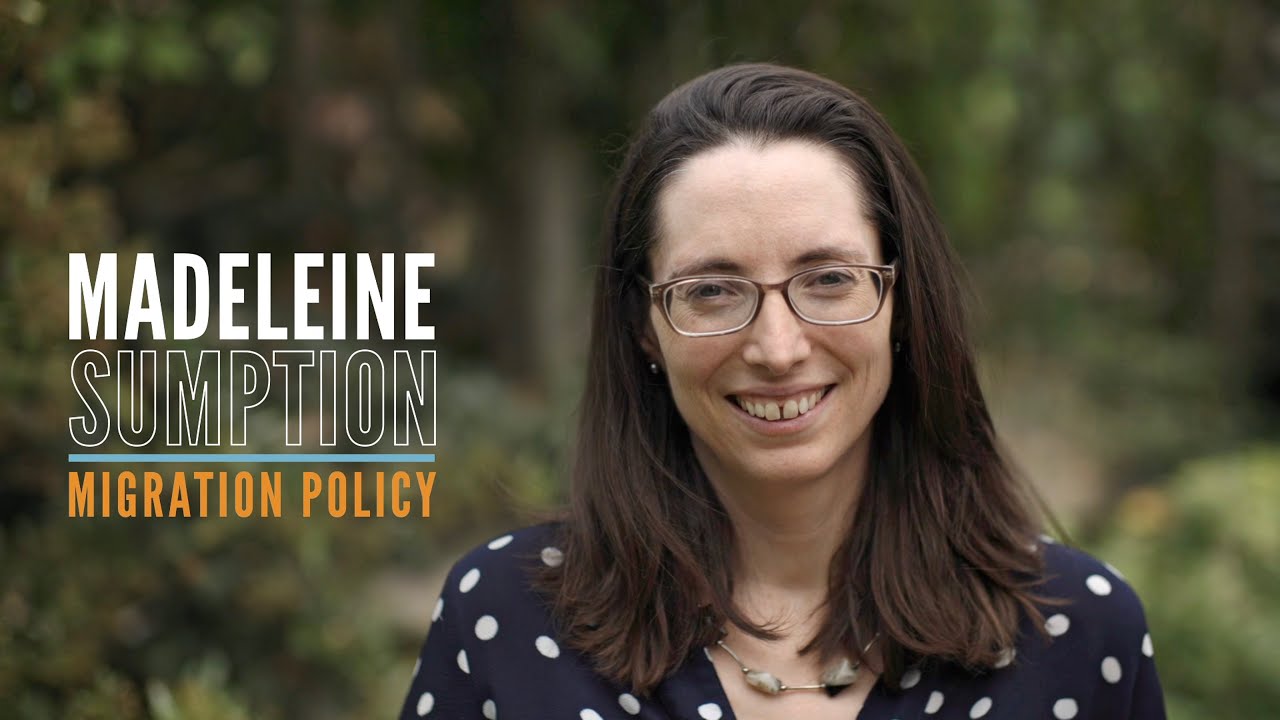
Critics argue that the lower proposed threshold and delayed implementation could still separate families, as many may struggle to meet the required income levels. Dr. Madeleine Sumption of Oxford’s Migration Observatory highlighted the unusually high income threshold in the UK compared to other countries, potentially affecting up to 30,000 people. Despite the government’s reassurance that changes apply only to new applicants, concerns persist about the impact on British citizens unable to bring their spouses to the UK due to income constraints.

